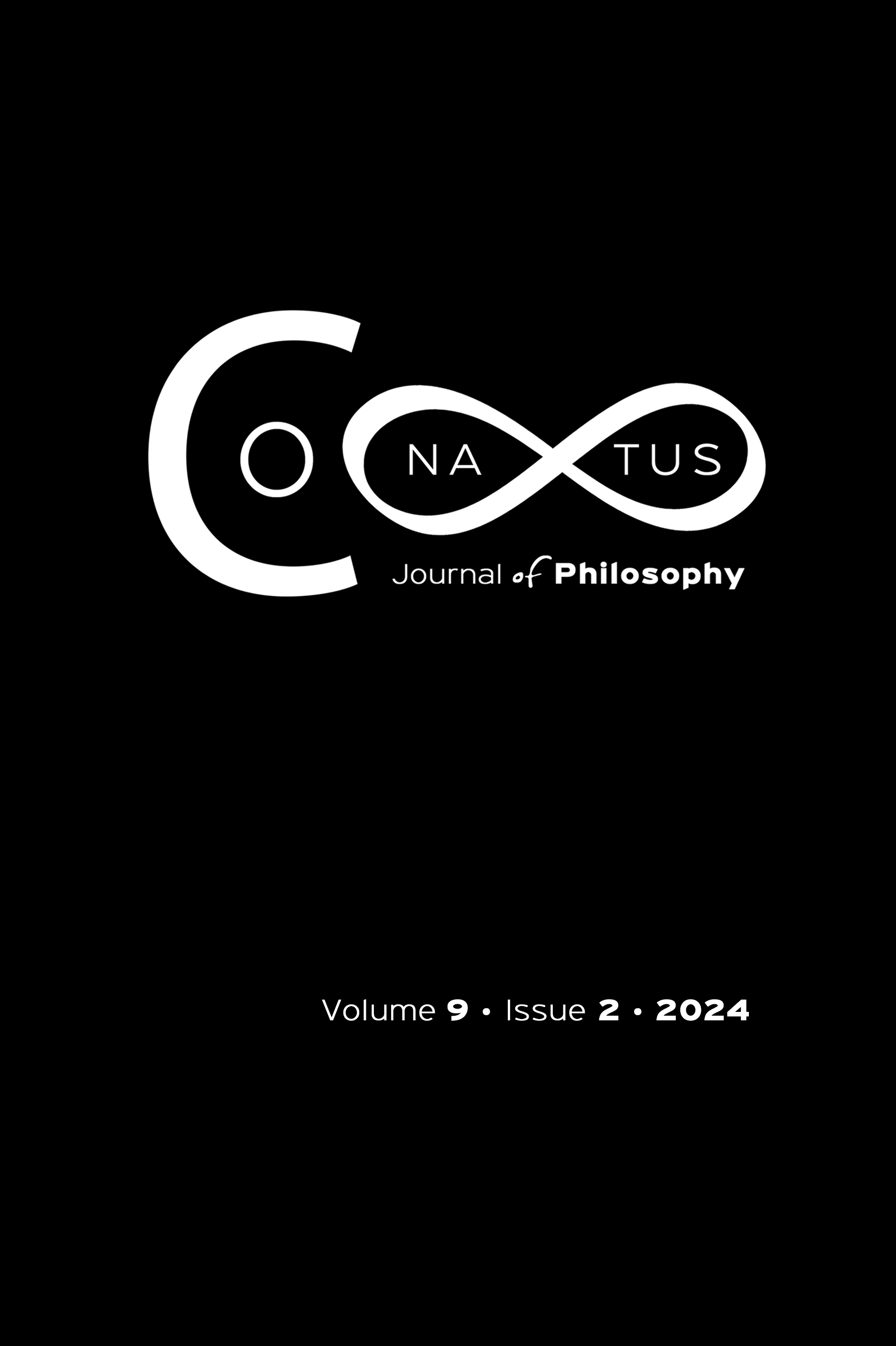Proofs for the Existence of God: A Discussion with Richard Swinburne

Abstract
Over the last 50 years, the English philosopher Richard Swinburne (b. 1934) has been a very influential proponent of philosophical arguments for the existence of God (natural theology). His major philosophical contributions lie in the areas of philosophy of science and philosophy of religion. From a general philosophical point of view, Swinburne stimulated much discussion with his early work in the philosophy of religion. He has also played a role (a) in the recent debate over the mind-body problem, and (b) in the debate on libertarian free will. Swinburne is also noted as one of the foremost current Christian apologists, arguing that faith in Christian God is rational and coherent in a rigorous philosophical sense. My discussion with Richard Swinburne revisits the analytic and non-analytic philosophy of religion. Above all, however, it aims at shedding light on Swinburne’s thought regarding some important philosophical issues, such as the Kantian arguments on the existence of God, the relationship between ratio and one’s immediate experience of God (empireia), “strong possibilities” the problem of the existence of evil in the world, but also the theological significance and value of Orthodoxy in contrast to other Christian creeds or even religions.
Article Details
- How to Cite
-
Swinburne, R., & Meichanetsidis, V. (2024). Proofs for the Existence of God: A Discussion with Richard Swinburne. Conatus - Journal of Philosophy, 9(2), 305–314. https://doi.org/10.12681/cjp.37535
- Section
- Discussion

This work is licensed under a Creative Commons Attribution-NonCommercial 4.0 International License.
Authors who publish with this journal agree to the following terms:
Authors retain copyright and grant the journal right of first publication with the work simultaneously licensed under a Creative Commons Attribution Non-Commercial International License (CC BY-NC 4.0) that allows others to share the work with an acknowledgement of the work's authorship and initial publication in this journal.
Authors are able to enter into separate, additional contractual arrangements for the non-exclusive distribution of the journal's published version of the work (e.g. post it to an institutional repository or publish it in a book), with an acknowledgement of its initial publication in this journal.
Authors are permitted and encouraged to post their work online (preferably in institutional repositories or on their website) prior to and during the submission process, as it can lead to productive exchanges, as well as earlier and greater citation of published work.





